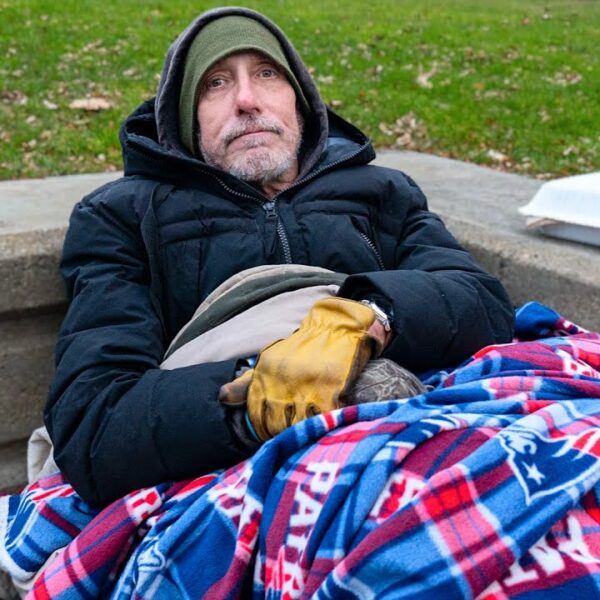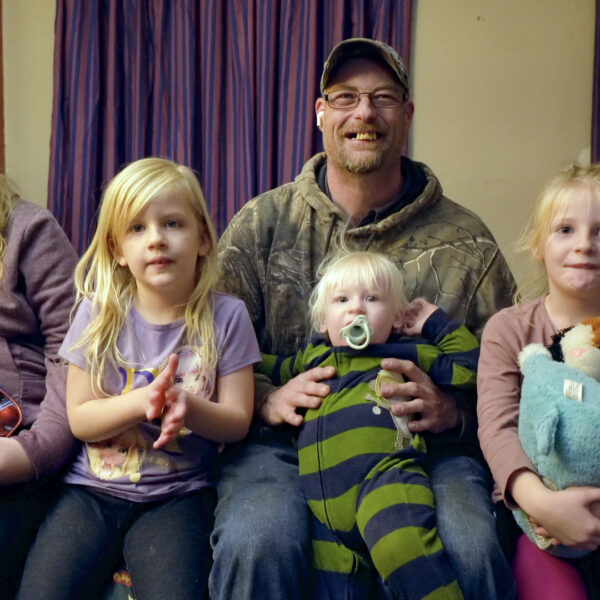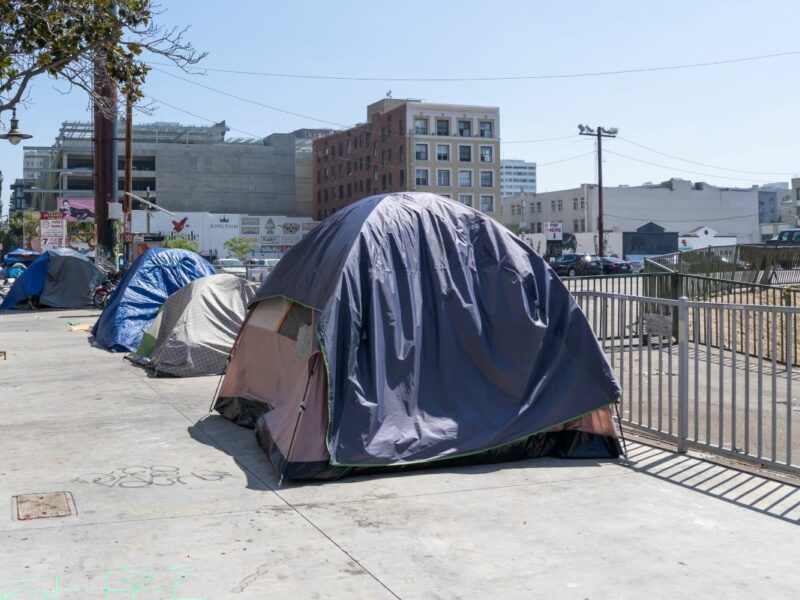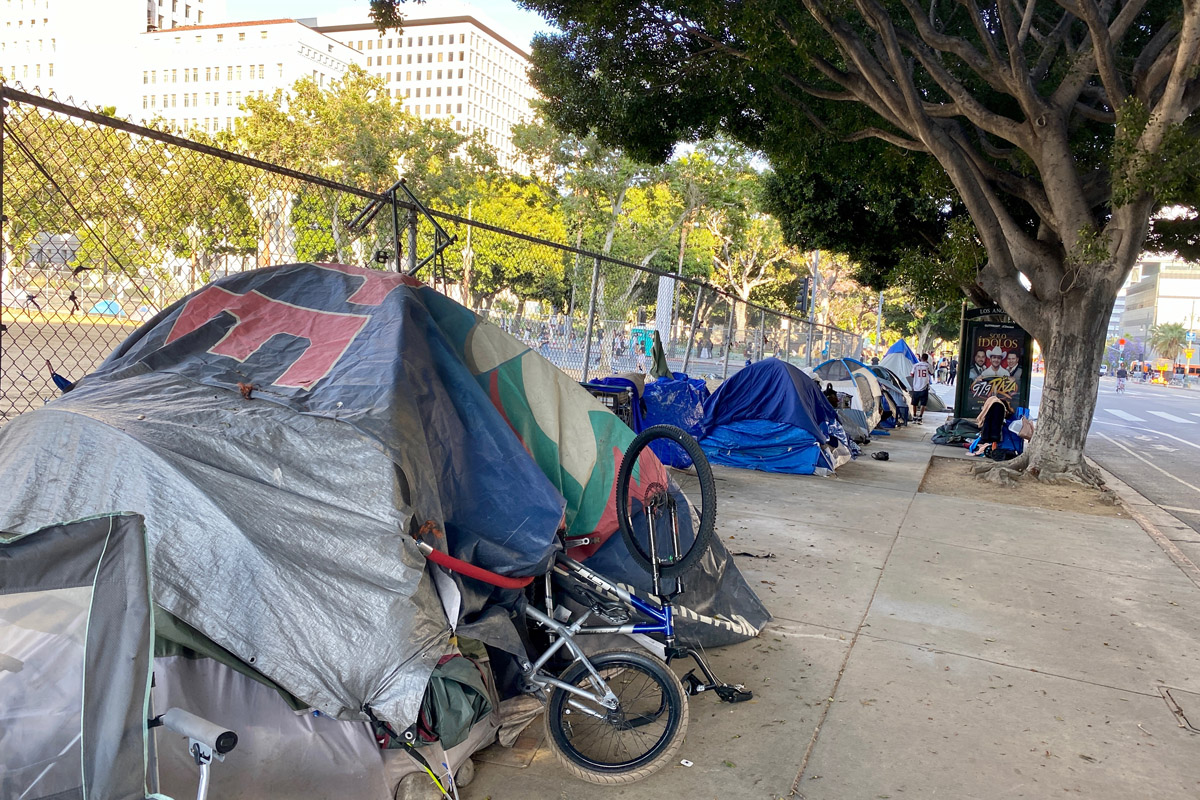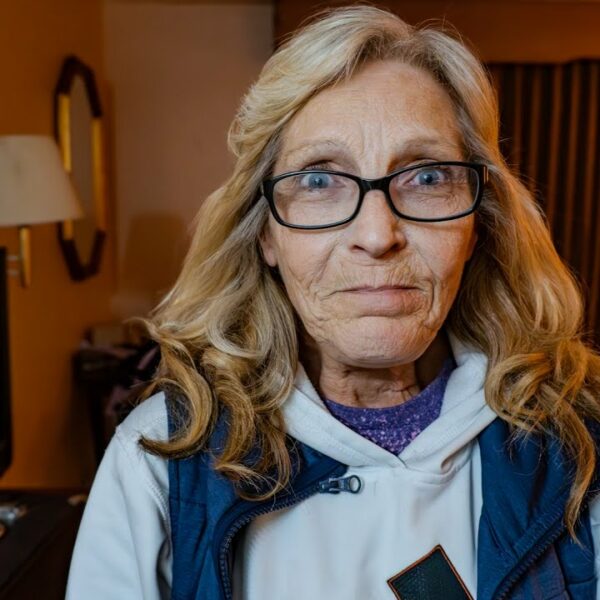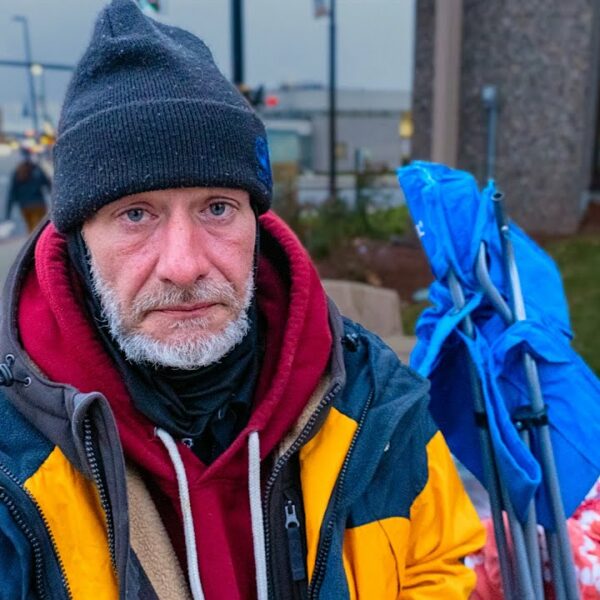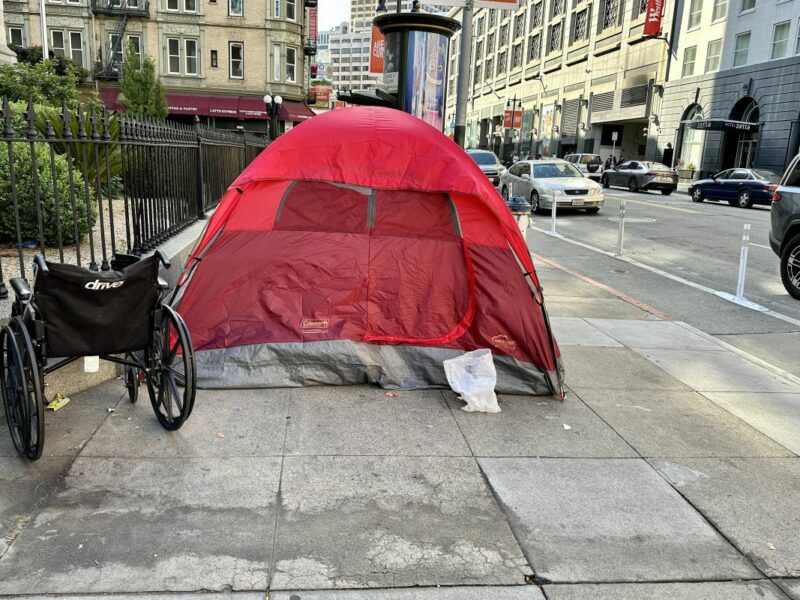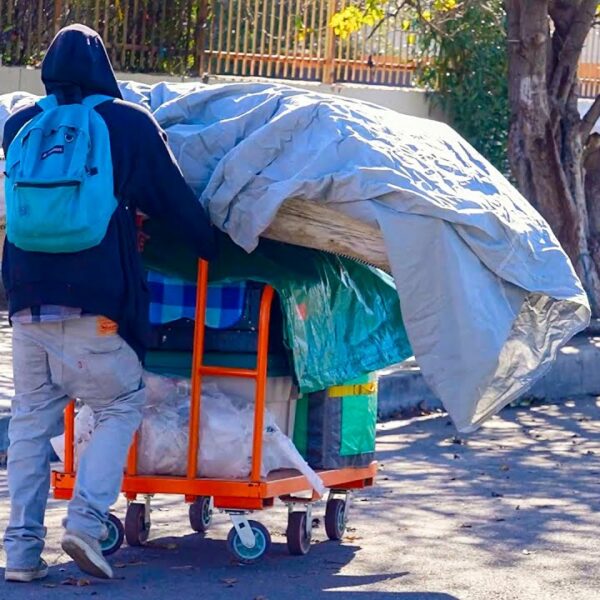Even before the spread of COVID-19, Los Angeles suffered from a growing issue of homelessness and unemployment. With sky-high rent prices in the city of fame, glamor and celebrities, severe housing insecurity was commonplace for many people.
Between January 2018 and January 2019, the number of homeless people in Los Angeles County rose by almost 6,200. This is an annual boost of 12%. During this time, the official unemployment rate remained steady, from 4.9% to 5%.
Yet, with the spread of COVID-19, these problems are set to worsen unless the government implements suitable protections. Thanks to the virus, many people have become unemployed almost overnight.
Without a steady stream of income, paying expensive fees for rental may become unfeasible for many. As a result, many evictees will likely move to LA streets joining the fast-growing homeless community.
The UD report on impending evictions and homelessness in Los Angeles by the UCLA Luskin Institute on Inequality and Democracy touches upon this growing problem in Los Angeles.
The report focuses on people living in Los Angeles who are currently residing in rental housing who are unemployed due to COVID-19 and do not have enough income. A high proportion of these residents are low-income people of color.
What’s the Current Situation on Homelessness and COVID-19 in Los Angeles?
Even before coronavirus, the lack of sufficient income to pay rapidly rising rent was already the prominent cause of homelessness in Los Angeles County.
But as mentioned, the situation is set to be so much worse. As of May 9, 2020, around 599,000 workers living in Los Angeles have lost their jobs. These people have no unemployment insurance or any other income replacement.
Around 449,000 of those employed and living without income reside in 365,000 rental houses. Yet right now, many of these people lack enough savings or other means to pay rent.
Thankfully, legal evictions for those that cannot afford to pay rent have been frozen since April 6, 2020, by the Judicial Council of California. While this has kept many households safe from eviction, this can be lifted at any moment, which is surely causing extreme anxiety for tenants.
That means people could be left to face life on the streets without much warning. It’s estimated that a stream of unlawful detainer or eviction notices will be brought to tenants within days of the freeze being lifted. And as expected, most of the tenants that cannot afford to pay rent will face eviction, with many moving to the streets.
As most tenants don’t have access to the right information or legal assistance, most people will face eviction within weeks. That’s because if tenants are unable to file a legally sufficient response to the unlawful detainer complaint within five business days, they’re at risk of eviction.
How Many People Will Be Evicted in Los Angeles?
With so much uncertainty surrounding the pandemic and the economy, along with the state responses, it’s difficult to predict how many and how quickly people who are evicted will become homeless.
Unless there’s a massive announcement of state or local assistance to help prevent such circumstances, it’s estimated that those living in around 120,000 households are likely to become homeless in Los Angeles. This is likely to unfold some period during the coming months. This means about 184,000 children could become homeless.
Many of those facing eviction currently live in busy communities and neighborhoods with a significant percentage of low-income people of color.
What Are The Possible Solutions?
Given the circumstances, it’s understood that Los Angeles faces imminent waves of tenant evictions. As a result, sadly, many more people will add to the city’s growing homelessness issue.
But surely there are ways to reduce such evictions? And how will this influx of homeless people be taken care of once they do hit the city streets? After all, even before coronavirus struck, there was already a shortage of both shelter and housing in Los Angeles.
There are several ways of softening the blow in such situations. The most direct and easy method of lessening non-payment evictions is to cut the need for tenants to make rental payments if they cannot yet afford it. Rep. Ilhan Omar (D-Minn) has welcomed legislation to cancel rent and mortgage bills throughout the nation during the COVID-19 pandemic.
While this is the ideal strategy, for those that do end up evicted, the next steps are to stop their experience of homelessness as soon as possible. Lacking a home mentally and physically drains people. Not only that, but the more time spent unhoused and unsheltered, the harder it is to help people become housed.
There are rapid rehousing programs available to help homeless people find temporary housing as quickly as possible. With such a quick response, this helps improve their chances of transferring to permanent shelter.
Speed is critical when it comes to using such services. Otherwise, rapid rehousing programs simply offer a temporary break for homelessness. This does little to improve the lives of homeless people in the long run.
Another alternative is the vast number of hotel and motel rooms in Los Angeles that now lie empty due to the pandemic.
Designed by the County of Los Angeles and the Los Angeles Homeless Services Authority (LAHSA), Project Roomkey leads these efforts. Along with another venture, Project Roomkey contracts hotels and motels to make their rooms free for three months. However, these rooms are generally reserved for high-risk individuals that are infected by the virus. Those that are homeless but are not infected must seek help elsewhere.
Without careful planning and immediate action, the prospect of many homeless people joining the thousands already sleeping on the streets or in their vehicles loom. Unless Los Angeles officials make swift decisions, the city must scramble to put together something like refugee camps or a socially distanced tent village, as erected in San Francisco. As mentioned, the people who moved to such shelters are often lower-income people of color.
Of course, shelter within tents is not good enough for anyone to live in on a semi-permanent basis. That’s especially so during a global health pandemic.
Unless serious change is implemented, the mental and physical toll affecting evictees – including thousands of children – will be devastating. Now we wait with bated breaths on how the city of Los Angeles will react. Will they maintain the eviction freeze or will there be an influx of homeless people once evictions take place?
Widescale homelessness following the pandemic can be prevented. Representatives must make the right political choices. Keeping tenants housed is a public policy choice. The eviction freeze must remain until tenants can get back to work and pay their rent.
Contact Your Senators Today
You can help save lives and assist families across the country suffering from the coronavirus pandemic. Urge your senators to support the HEROES Act, which calls for a national, uniform moratorium on evictions among other provisions. Act Today!



